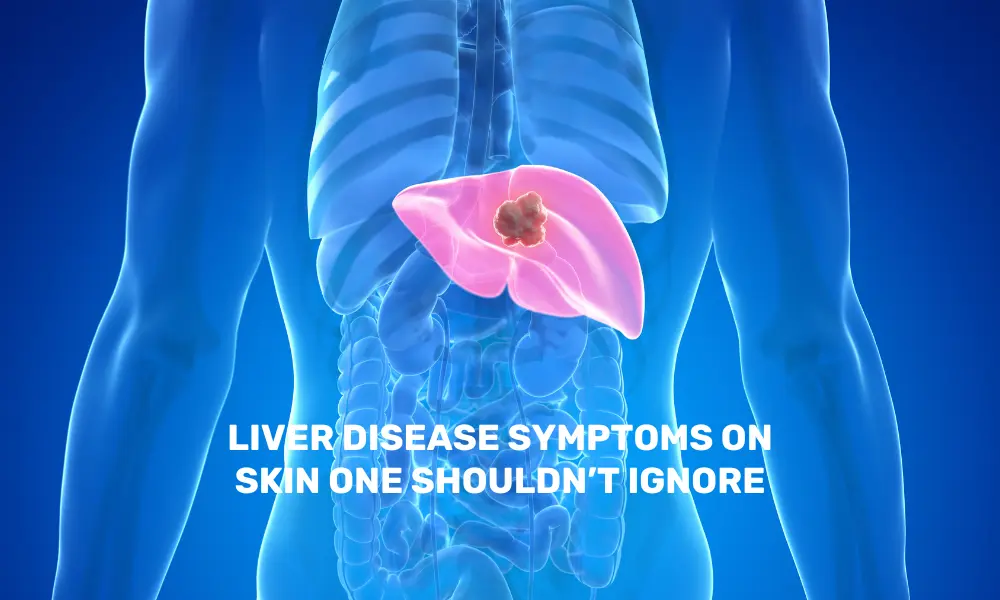Is Stubborn belly fat bothering you? It might be cortisol belly! Do you feel constantly stressed and unable to lose that stubborn belly fat despite all your efforts?
You never know; you might be experiencing “cortisol belly,” a condition linked to chronically elevated stress hormones. Chronic stress can often cause abdominal fat accumulation.
Understanding cortisol belly
Cortisol, also called the stress hormone, plays a crucial role in the body’s fight-or-flight response. However, when stress levels are chronically elevated due to work pressure, relationships, finances, or other factors, cortisol levels can remain high, leading to health issues like cortisol belly.
This prolonged elevation is linked to various health concerns, including developing a “cortisol belly” – fat accumulation around the abdomen.
Causes of cortisol belly
Several factors that contribute to cortisol belly may include:
-
Chronic Stress: Stress often triggers the release of cortisol hormone, causing increased fat storage, particularly around the belly.
-
Lack of Exercise: A sedentary lifestyle and neglecting regular physical activity can cause weight gain and increased abdominal fat.
-
Poor Diet: A diet high in processed foods, sugary snacks, and unhealthy fats can worsen weight gain and belly fat accumulation.
-
Sleep Deprivation: Inadequate sleep disrupts hormone levels, including cortisol, and can contribute to weight gain, especially around the midsection.
Fighting against cortisol belly
While reducing excess abdominal fat, or cortisol belly, might seem challenging. However, it is achievable through a combination of lifestyle changes:
-
Healthy Diet: One must focus on having a balanced diet rich in fruits, green vegetables, lean protein, and whole grains. Minimize processed foods, sugary snacks, and unhealthy fats.
-
Stress Management: Managing stress is vital! To reduce cortisol levels and manage stress effectively, one must engage in mindfulness, deep breathing exercises, yoga, or meditation.
-
Adequate Sleep: One must aim for 7-9 hours of quality sleep per night. This helps regulate hormone levels, including cortisol and supports overall health.
-
Regular Exercise: It is vital to incorporate cardio and strength training into your routine. Exercise helps burn calories, reduce body fat, and boost metabolism.
-
Limit Alcohol Intake: Individuals must reduce or eliminate alcohol consumption to prevent sleep disruptions and avoid weight gain around the midsection.
-
Stay Hydrated: It is important to drink plenty of water or fluids throughout the day. This supports overall health and helps control appetite.
Remember, a healthy lifestyle is critical to managing stress, maintaining a healthy weight, and keeping the cortisol belly away. If you are concerned about chronic stress or weight management, consult a doctor about developing a personalized plan.





